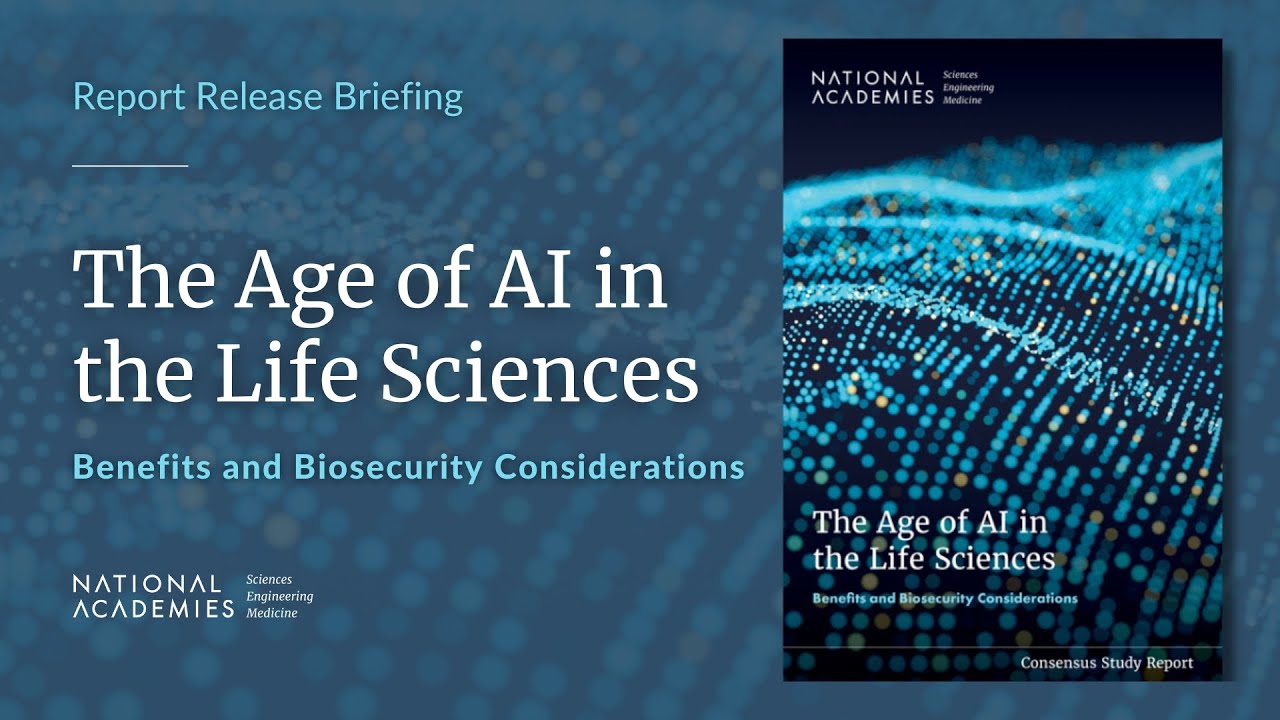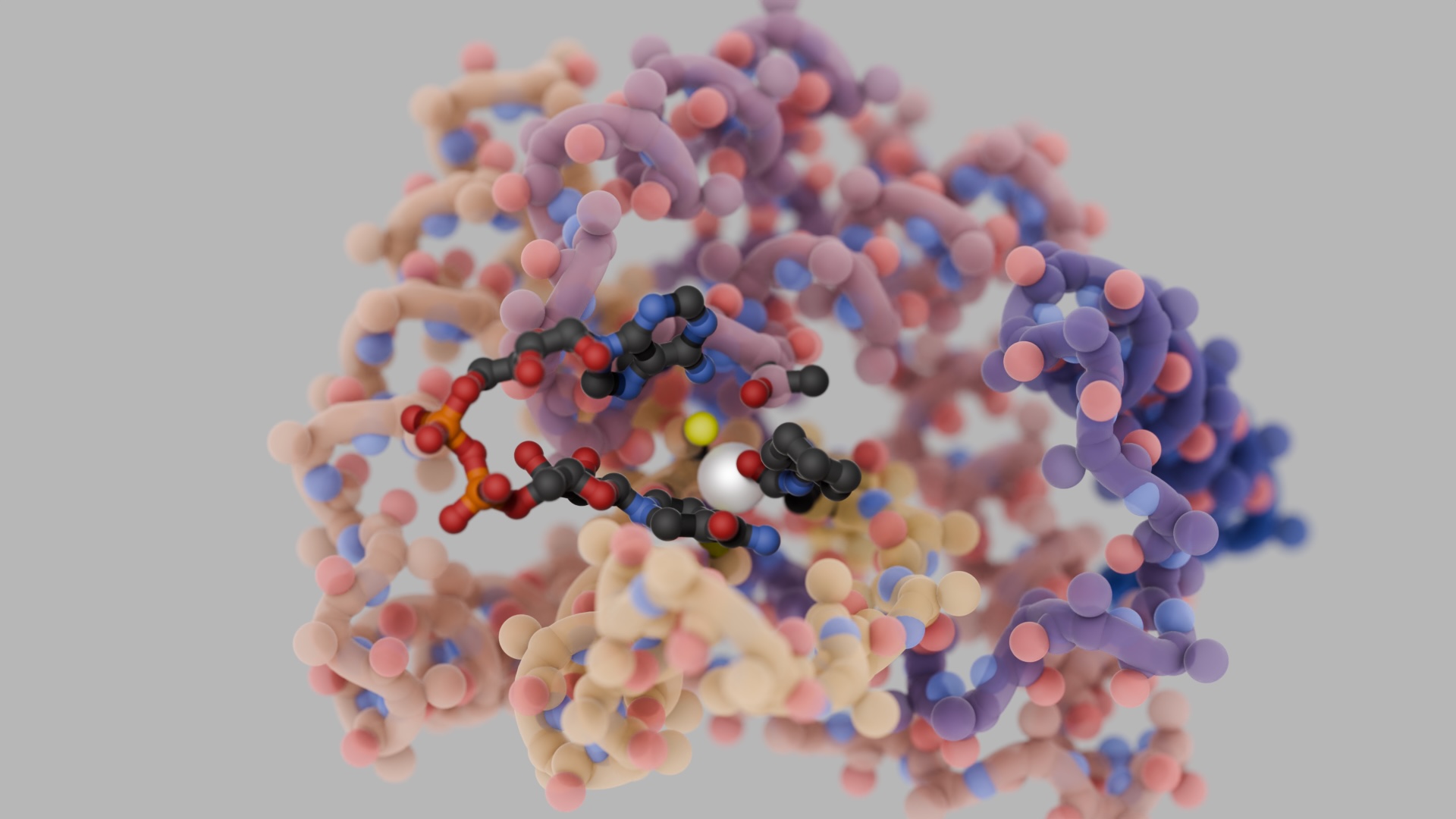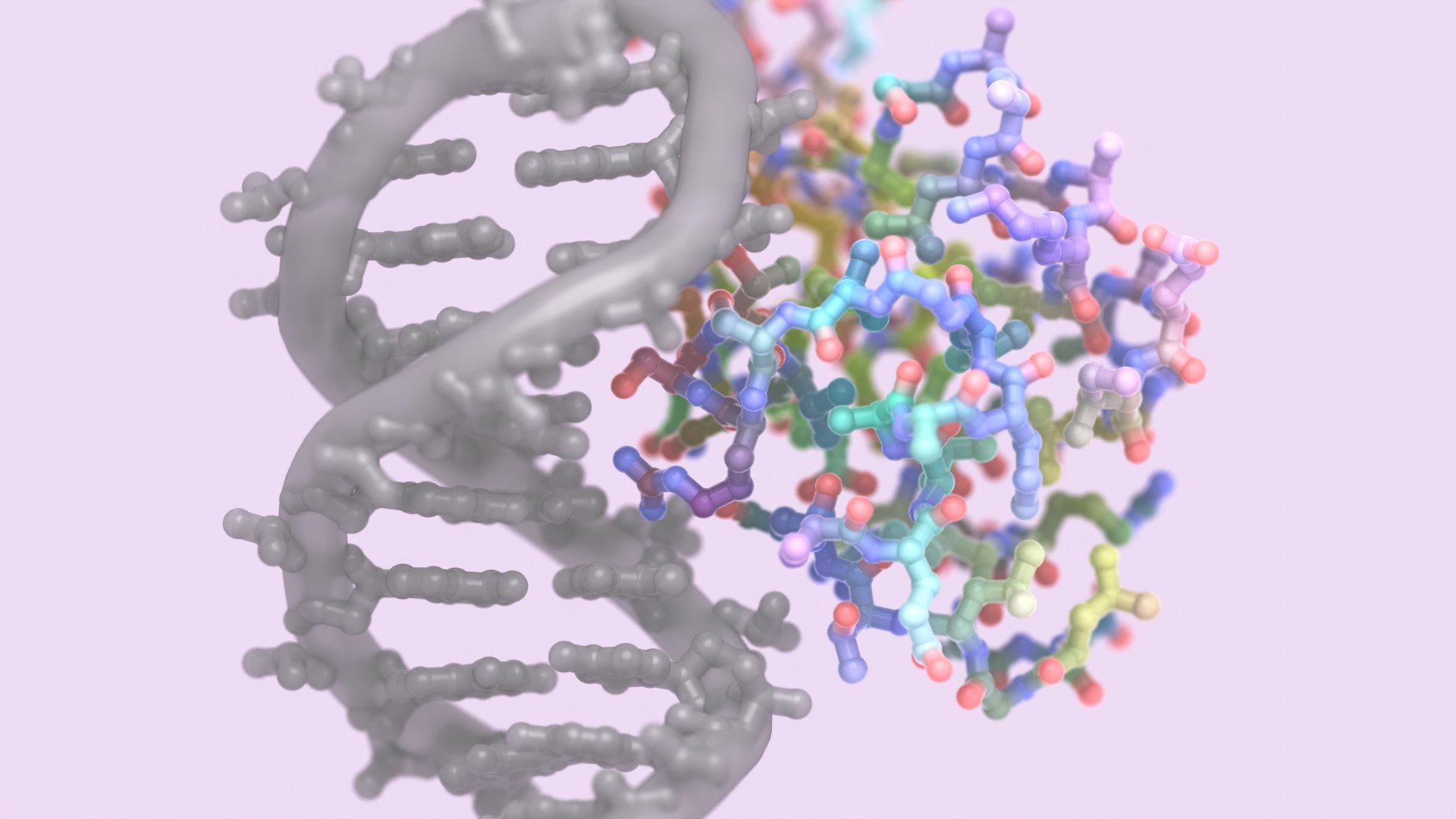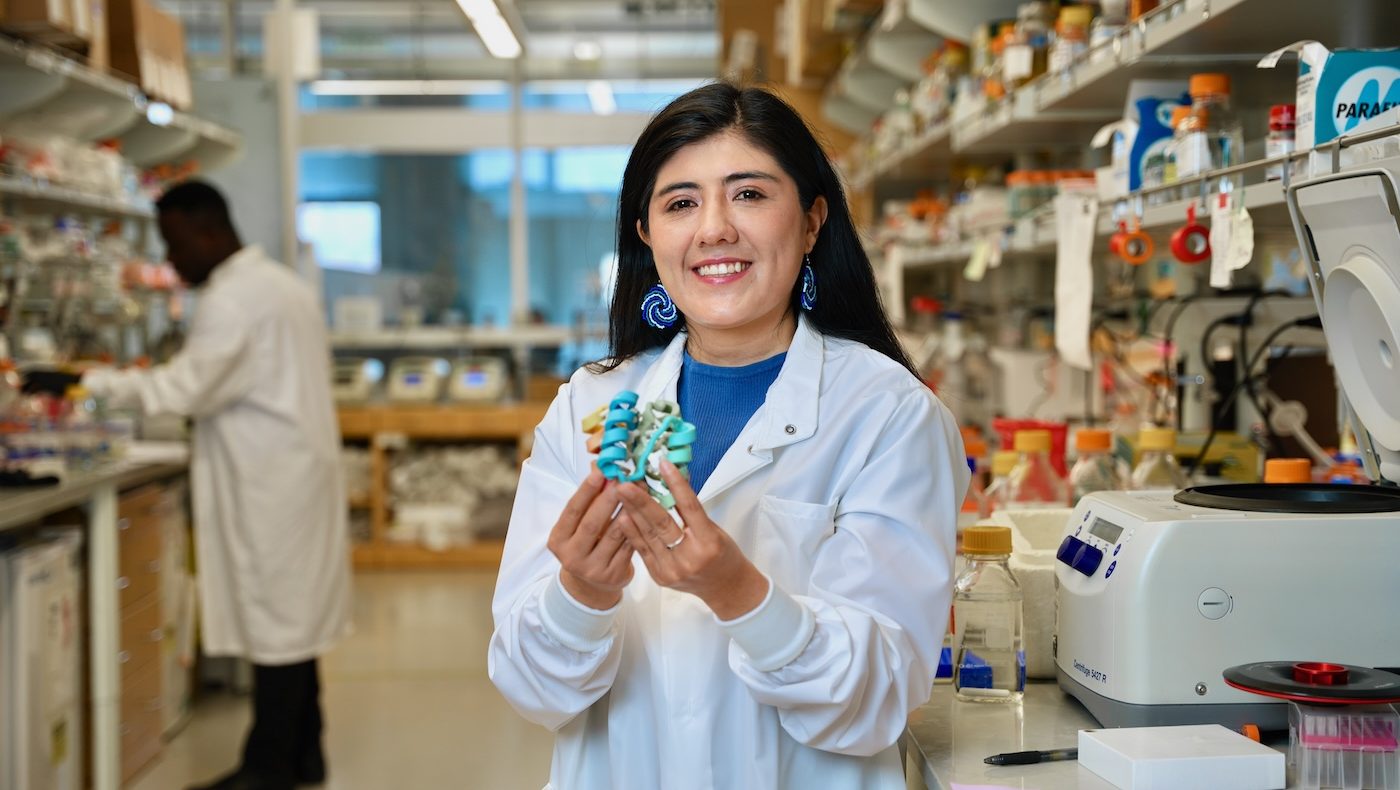Former IPD executive director Lynda Stuart served as co-chair on a new U.S. National Academies of Sciences, Engineering, and Medicine study on the unique biosecurity benefits and risks of AI in the life sciences.
Requested by the Department of Defense, the 110-page study report details how AI tools for biological research are altering—and could further alter—biosecurity risk, while also describing how such innovations might strengthen defenses against biological threats, regardless of origin.
Machine learning and other AI approaches are increasingly being applied to research challenges across the life sciences. This holds immense promise for improving health outcomes. At the same time, new technologies could create or worsen health risks if not developed responsibly.
The Institute for Protein Design is at the forefront of creating and sharing machine-learning tools that can be used to create vaccines, therapeutics, and more. Dr. Stuart’s involvement in this study reflects our commitment to guiding responsible innovation to enhance global health security. Prior to joining the IPD, she oversaw the development of vaccines and antibody therapies for urgent global health challenges, including COVID-19 and Ebola.
As noted in the NASEM study, precedent for the health benefits of computational tools has already been set:
“During the COVID-19 pandemic, the Institute for Protein Design at the University of Washington used computational methods to generate a nanoparticle vaccine (SKYCovione) that was the first computationally designed protein medicine to complete a Phase III trial; SKYCovione was approved for emergency use during the COVID-19 pandemic.”
We encourage researchers, policymakers, and other stakeholders to delve into the full report. By understanding the opportunities and risks of AI advances, we can collectively advance science in ways that improve the health of all people.
Download the Full Report:
The Age of AI in the Life Sciences: Benefits and Risks
Highlights Version:
NASEM BLS Highlights




